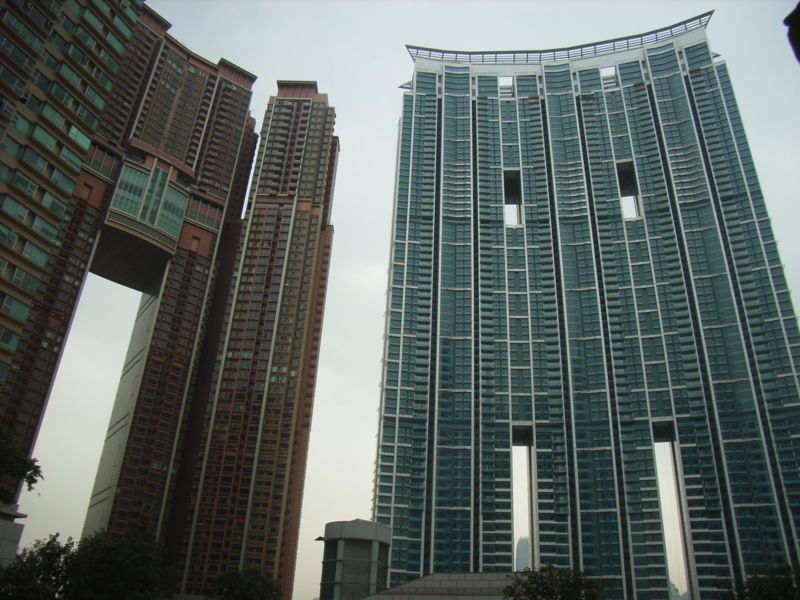At the end of the day, have any of us thought about the immutable function of nature, i.e. light waves, used to measure distance or why democratic governments recognize their obligation to protect the civil liberties, the rights of their citizens, but Communist governments don't.
Robots with artificial intelligence might as well take our jobs, if we lack the humility to recognize we don't have all the answers and have no curiosity, no love of learning, no desire to read a book, and no willingness to risk the failure of trying something new.
Five thinkers present alternative approaches to future employment.
Personal Touch
Being able to relate, person to person, on an emotional level could be the winning skill for some future careers in fields such as medicine, police work, and religion. What needs are people satisfying, when they check their smartphones, a mirror, or the mole on their arm over and over every day? Are they concerned about social issues outside themselves, life changing measures that offer hope and motivation, reduced anxiety, or a functional benefit that provides more money?
How much does a patient want to know about her or his condition? the risks of treatment options? how long it will be before treatment provides a better quality of life? Some 81-year-olds will arrive at a doctor's office having done extensive internet research about their ailments and ready to take any risks for the possibility of improving their lives, even if costly pills, twice weekly therapy sessions, and monthly doctor's visits will continue for the rest of their lives. Some won't.
Eric Mack, who wrote an article for inc.com, suggests students have opportunities in careers that enable them to do what robots can't: deliver personalized service, diagnose and solve non-routine problems, and enter into a collaborative give and take with others. At Big Think (Nov. 13, 2016), Micho Kaku said robots can't match the creativity and imagination needed by gardeners, scientists, and those who write rock and toll tunes. Amazon, Netflix, and Spotify try to pick the books, movies/TV shows, and music you'd choose for yourself and Facebook thinks it can select only the news and ads you want to see, but maybe you or a person who knows you personally can provide even better suggestions.
.
Cottage Industries
Jack Ma, founder and executive chairman of Alibaba, China's family of Amazon-like e-commerce businesses, expects small companies to use the internet to find customers and sell their products throughout the world. He suggests schools need to prepare students to analyze customer data. To operate on the world stage, he fails to mention a small business owner also needs to understand foreign currencies, laws, and languages. New importers and exporters could benefit from an organization similar to the Food Enterprise & Economic Development (FEED) Kitchen in Madison, Wisconsin. This nonprofit incubator for would-be entrepreneurs in the food industry helps obtain necessary permits; provides kitchen, refrigerator, freezer, dry storage, and dish washing space; and serves as a drop-off point for deliveries.
Microsoft's co-founder, Bill Gates, echoes Ma's emphasis on the need for educational systems to prepare students to base conclusions on statistical analysis. Where Ma's focus is on consumer data, Gates' is on data related to the spread of disease. He stresses the importance of science, engineering, and economics and equipping students to understand what those in these fields can and cannot do.
Think about the book and movie,
The Big Short, which entertained and explained the financial concepts of the 2008 housing crash. How can entrepreneurs and small businesses in the arts earn a living on the world stage?
Leader/Servant
David Eli Lilienthal, the director and chairman of the government-owned Tennessee Valley Authority that brought electric power to a region not served by private corporations, made a fortune by taking chances in private business after he left the public sector. In the journals, actually loose-leaf notebooks, he began writing when he was a high school student, we learn he found the business life full of creative original minds, but he also found solving management problems was not enough. He missed the gratification of public service until he found a way to combine it with private enterprise in the big, new company he started. He found he could make a profit by helping foreign countries develop their resources for the benefit of their citizens.
In Conclusion
There you have it, advice to offer personal service, start a small business, or found/work for a major corporation that makes big profits from projects that improve the world. Your choice. As Ma believes, "machines will never get the wisdom and experience that comes from being human."
